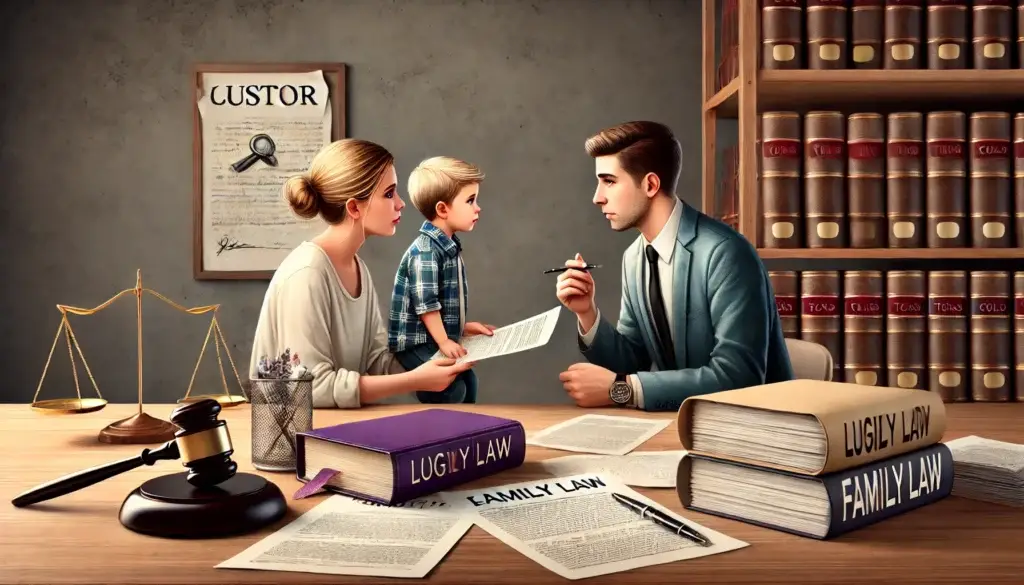Understanding the Legal Process for Child Custody in Texas
Navigating the legal process for child custody in Texas can be complex and daunting. Understanding the steps involved, from filing a petition to attending court hearings, is crucial for parents seeking custody. This process typically begins with the filing of a custody petition, followed by mediation sessions and, if necessary, a court trial where a judge will make the final decision based on the child's best interests.
In Texas, the legal process also involves gathering evidence and documentation to support your case. This may include financial records, parenting plans, and testimonies from witnesses. Parents should be aware of the importance of presenting a clear and organized case to the court, as this can significantly influence custody decisions.
Common Misconceptions About Child Custody in Texas
There are several misconceptions surrounding child custody laws in Texas that can mislead parents during custody disputes. One common myth is that mothers always receive primary custody. While Texas law does encourage joint custody arrangements, the ultimate decision is based on the child's best interests, regardless of the parent's gender.
Another misconception is that a parent's criminal history automatically disqualifies them from obtaining custody. While a criminal record can impact a custody decision, courts will consider the nature of the offense, the time elapsed since the incident, and the parent's current situation. Understanding these misconceptions can help parents approach custody cases with a more informed perspective.
The Role of Mediation in Texas Child Custody Cases
Mediation plays a vital role in resolving child custody disputes in Texas. It provides a platform for parents to discuss their differences and work toward a mutually acceptable custody arrangement without the need for a contentious court battle. Mediation is often encouraged by the courts as it can lead to more amicable solutions that prioritize the child's welfare.
During mediation, a neutral third-party mediator facilitates discussions between the parents. This process allows both parties to express their concerns and negotiate terms related to custody and visitation. Successful mediation can save time, reduce legal fees, and foster a cooperative co-parenting relationship, which is beneficial for the child's emotional well-being.
Factors Influencing Child Custody Decisions in Texas
When determining child custody arrangements, Texas courts consider various factors to ensure the child's best interests are prioritized. These factors include the child's age, emotional and physical needs, the parents' ability to provide a stable environment, and any history of domestic violence or substance abuse. Each case is unique, and the court evaluates these factors holistically.
Additionally, the child's preference may be taken into account, especially for older children who can articulate their wishes. Courts aim to create arrangements that minimize disruption in the child's life and promote a healthy relationship with both parents. Understanding these influencing factors can help parents prepare more effectively for custody hearings.








